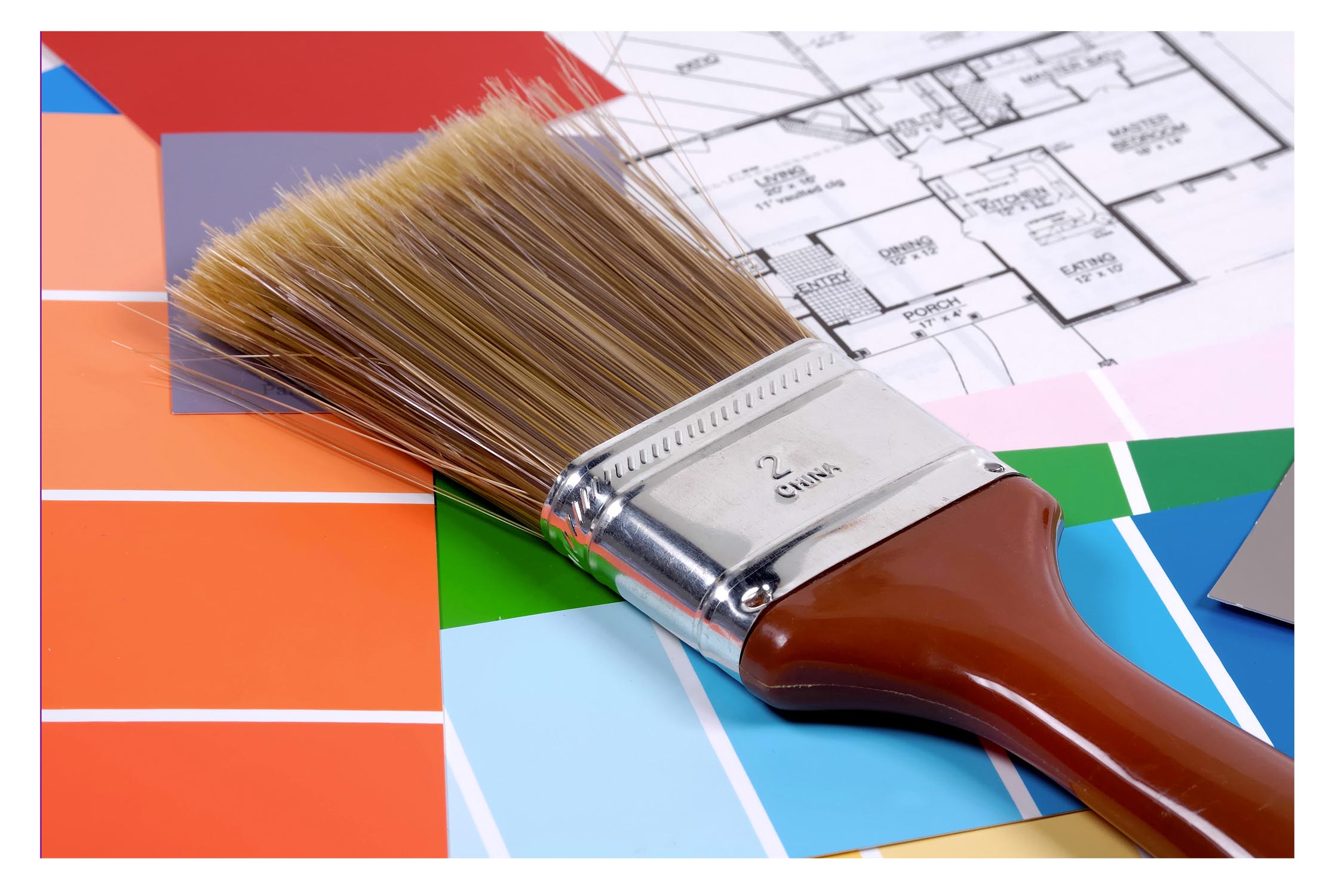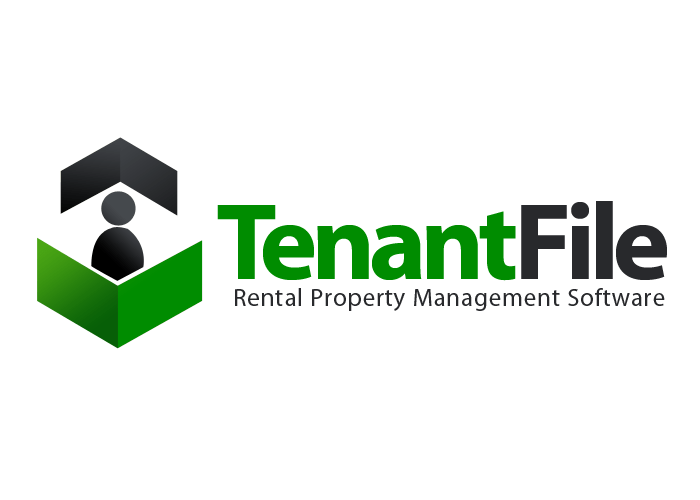With summer slowly winding down it’ll soon be time for your tenant to move out of their summer home, meaning it’ll be time to prepare your rental for the next seasons tenants.
Since you’ll probably rent out your property again in winter (it is a seasonal rental, after all!), chances are, it’ll stay empty for at least a couple of months. Because your home will be used in two very different seasons, it’s important to make sure you prepare it properly after your summer tenants leave. What should you do?
- Clean the gutters! With all the flowering plants and leaves from spring, plus the rain from summer, your gutters are probably more than ready for a cleaning. This way, once the fall leaves start falling and the winter snows begin, your gutters won’t be clogged up.
- Check that there are no leaks caused by summer storms. Sometimes the more harsh summer showers may cause leaks that go unnoticed for months. Inspect your roof and see if there are any problems that need fixing, also be sure to check ceilings for stains that may indicate a leak. Fixing leaks now can help you avoid even bigger problems when it starts snowing.
- Landscaping. If you have seasonal plants that you’ve noticed may have not made it through summer, switch them out for other plants and landscaping decor that’ll fit with the next season.
- Change the A/C filter! With the heat, your tenant was probably keen on using the A/C often. Change the filter, and give it a tune up so that you know the unit will be working well. This will also help to ensure that the heater function will be working for your winter tenants.






 tantly, allowing you to have lots of options and choose what’s best for you. We all know the classic payment method: checks. Checks are easy because mobile banking now allows you to cash them instantly, but they still require your tenant to bring them to you. Online payments are great because they’re pretty quick for both you, and your tenant. An online system works well when you have a lot of tenants. Another way that people transfer money that’s becoming quite popular is via mobile apps. Mobile apps like Venmo and Square Cash have made it possible for people to transfer money to each other almost instantly. Though this is still fairly new, it may be something you want to consider.
tantly, allowing you to have lots of options and choose what’s best for you. We all know the classic payment method: checks. Checks are easy because mobile banking now allows you to cash them instantly, but they still require your tenant to bring them to you. Online payments are great because they’re pretty quick for both you, and your tenant. An online system works well when you have a lot of tenants. Another way that people transfer money that’s becoming quite popular is via mobile apps. Mobile apps like Venmo and Square Cash have made it possible for people to transfer money to each other almost instantly. Though this is still fairly new, it may be something you want to consider.


